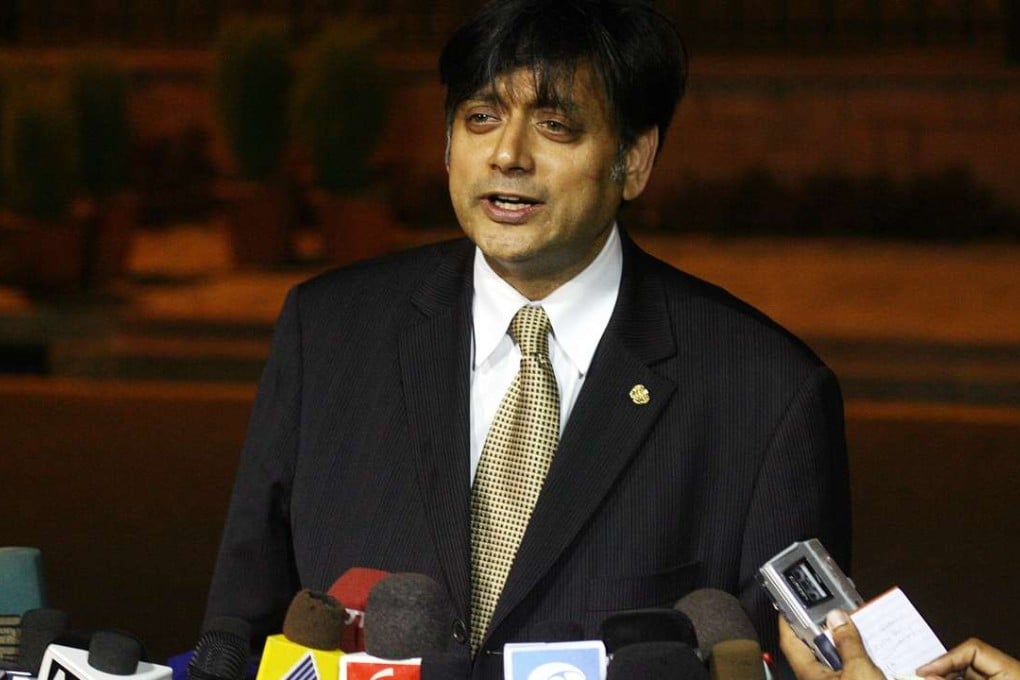On Reflection | China did not stand in this Indian’s way for top U.N. job
As the United Nations elects a new secretary-general, Shashi Tharoor, who lost the race to Ban Ki-moon a decade ago, takes the lid off a controversial election

EDITOR’S NOTE: As the United Nations elects a new secretary general, Shashi Tharoor takes the lid off a controversial election for the UN’s top job a decade ago – when he lost to Ban Ki-moon. Tharoor, who was the UN undersecretary general for communications and public information at the time, finished second to Ban, then South Korea’s foreign minister. A charismatic career diplomat and prolific writer, Tharoor’s defeat put an end to Indians’ dream of their first UN secretary general. In India, the result was quickly dubbed China’s handiwork, yet more proof of China’s machinations to hold down India. That perception has persisted to this day. Tharoor, who returned to India after the UN election, was elected a member of parliament and became a minister. He reveals in this special piece for This Week in Asia how China promised not to oppose him, and kept its word. One veto-wielding permanent Security Council member finally did sabotage Tharoor, but it wasn’t China.

THE NEWS THAT the United Nations Security Council has elected its ninth secretary general, the former Portuguese prime minister Antonio Guterres, has put an end to the mounting anxiety around the world about the risks of a protracted stand-off. The council’s first four ballots had produced something of a stalemate, with all the dozen candidates in the fray attracting a number of negative votes, and it had been feared that the two negative votes Guterres carried in the fourth ballot were those of permanent members opposed to his election. On the fifth ballot, however, this turned out not to be the case, and a general sigh of relief could be heard around Turtle Bay as consensus was announced on his name.
United Nations appoints Guterres as new secretary general
As the candidate who came second last time, 10 years ago, when Ban Ki-moon was elected in similar circumstances, I followed the votes with interest. At the same time I read a number of references to the 2006 race that were, frankly, inaccurate.
While some things have been published, particularly in India, that I have preferred not to respond to out of respect for the conventions of confidentiality, one point is worth clarifying, particularly for readers in East Asia. It is simply untrue that my run for the secretary generalship, as India’s official candidate, was scuttled by China.

This was an obvious concern when the Indian government first mulled my candidacy. I mentioned it myself in my first conversation on the subject with then prime minister Manmohan Singh. Beijing and New Delhi had not seen eye to eye for years over many issues, and there was an increasing perception that Washington, as well as some Asean capitals, were seeing newly resurgent India as a plausible counterweight to the overweening (and growing) international prominence of China. Though India firmly disavowed any intention of playing such a role, there was always a possibility that China would see an Indian secretary general nominee as a tool in a broader strategy to cut China down to size on the world stage.
